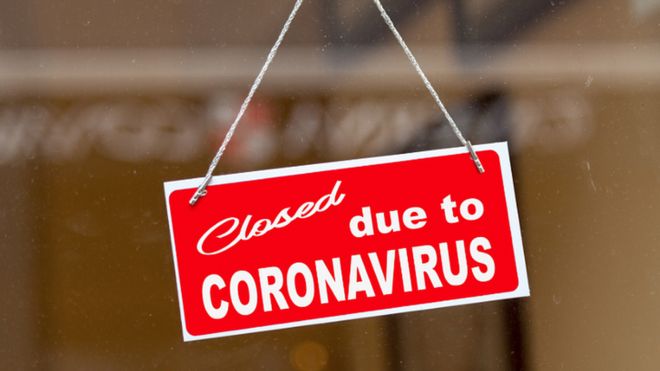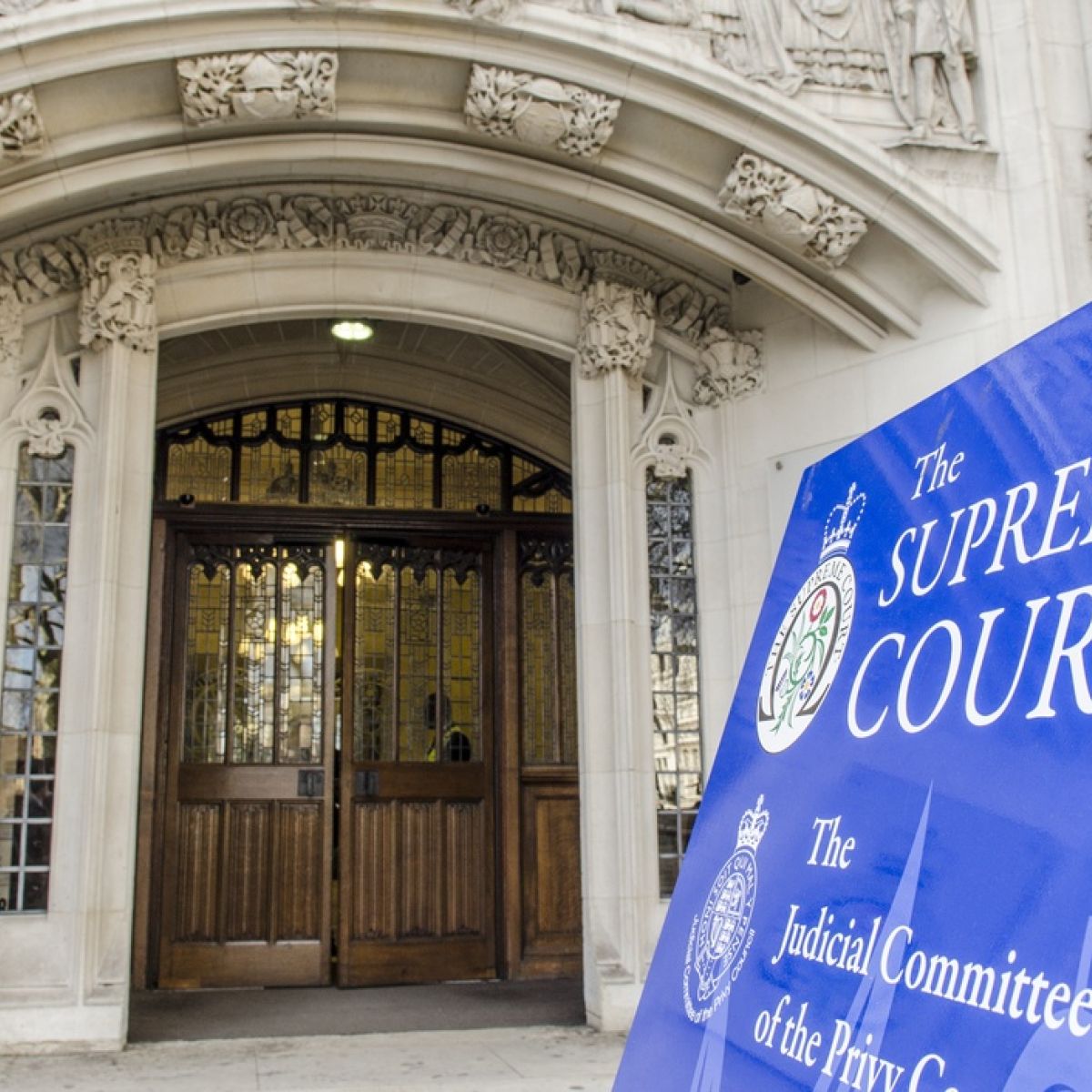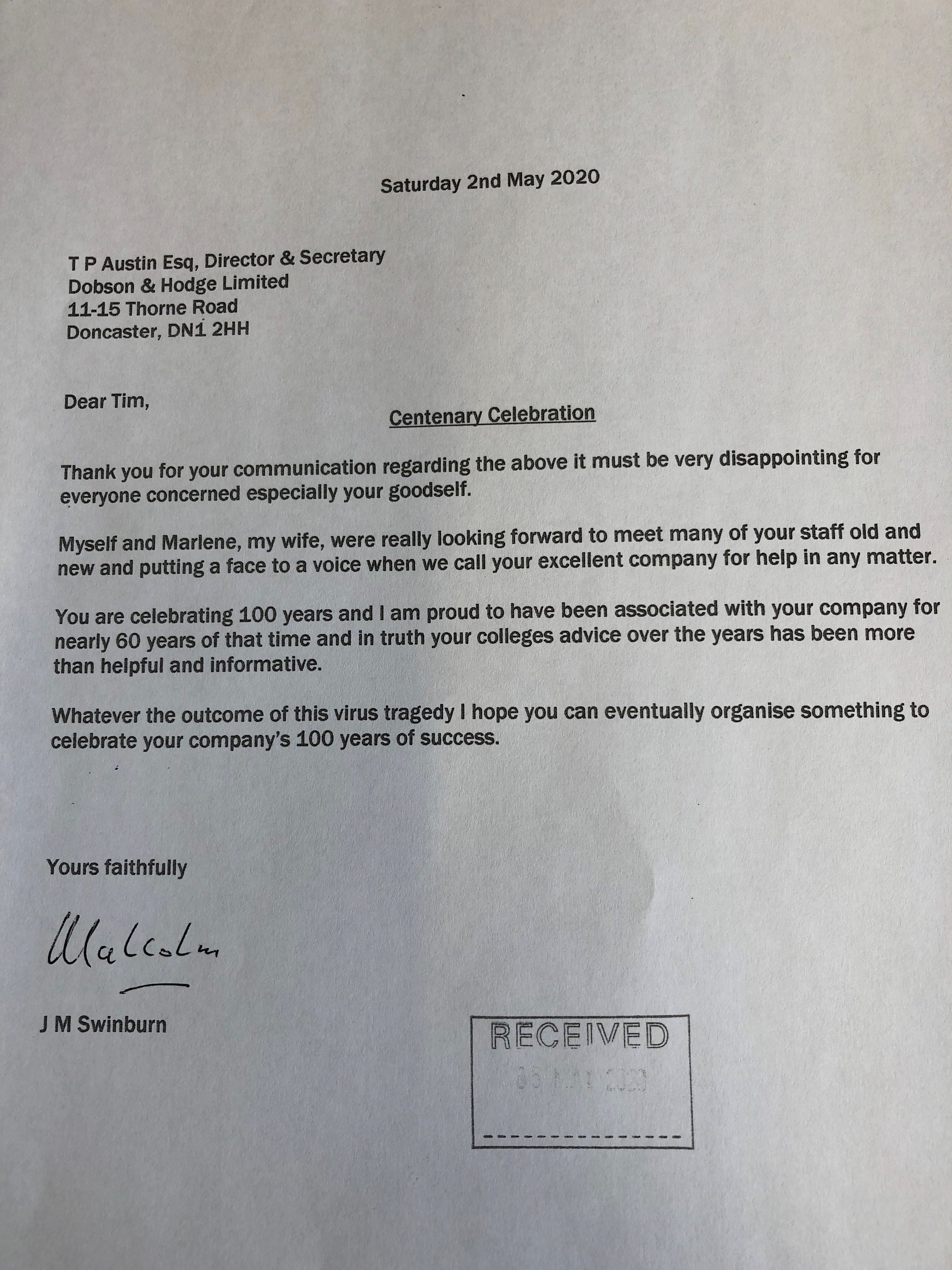
Business Interruption losses due to Covid 19
I have been asked again for my advice on the confusion that has arisen over the coverage provided by Business Interruption policies for Covid 19 losses. I have been providing advice on this subject since March last year and the latest developments require further explanation.
There was good news on Friday 15 January when the Supreme Court ruled in favour of policyholders in the test case brought by the FCA. This final decision to clarify the BI policy wordings has been awaited since the case was started in April. This court decision led to general coverage in the press rejoicing at the fact that policyholders will be able to recover at least some of their loss of profit during the lockdowns since 23 March 2020.
Unfortunately the media coverage has given many small businesses an expectation which in reality is, I believe, misplaced. It is regrettable that the publicity surrounding the FCA test case has not brought out clearly enough the fact that nearly all policyholders will not get the benefit of BI coverage for their lockdown losses. I believe that over 95% of policyholders will have no cover. It is only those 5% who have the good fortune to have insured with one of the few insurers whose policy wording has been found to be ambiguous and therefore, according to the court, does provide the cover.
It has been clear from the start that all general insurers did not intend to cover the effects of pandemic and their policies are silent on the subject – not using the word pandemic to say there is no cover or saying it is excluded. Historically there have been a few specific policies available that provided cover for pandemic, but it was considered a very remote risk only insured by those exposed to a high value occasion such as a concert or sporting event which would be badly disrupted. The typical annual Commercial Combined policy issued by insurers for the vast majority of small and medium sized enterprises does not give specific cover for the effects of a pandemic. For this reason almost all insurers declined policy liability immediately.
The wording of policies that do not specifically exclude pandemic but effectively avoid the possibility of a successful claim being made by a policyholder do this in a variety of ways. I have listed below the ways that policies which do not provide cover achieve this outcome. These policies cover the 95% of policyholder who will not get their claims paid.
1. BI cover only after damage Some policies specify that they only cover Business Interruption if it arises from damage caused to property. This could be the insured’s own property or may be to property in the vicinity that prevents access to the insured’s premises. A disease like Covid does not cause damage to property so there is obviously no cover under these policies.
2. BI cover only for listed diseases Many policies have extensions to the BI cover that apply when there has not been damage to property. Unsurprisingly these are known as the ‘Non-damage BI extensions’. They typically cover closure of the premises due to an event that has occurred that has not caused damage – e.g. a murder or suicide on the premises, but result in closure whilst the police investigate. Other examples are cover if there is a sudden interruption to the power or water supply.
These BI extensions generally include some cover for interruptions caused by disease – but many policies list the diseases the insurers consider they know enough about and can judge the consequences of. Policies that list the notifiable or contagious diseases that they cover do not include Covid 19 on the list principally because it is a new disease. As it is not on the list anyone with such as policy has no cover under this section
You may ask why did the insurers not include Covid on the list – and surely they would have done, had it been discovered before January 2020. The insurers view is that they can only quote premiums based on risks that they know about. They have data on the frequency of fires and flood – and even on the instances of cholera, whopping cough and yellow fever, but not on other notifiable diseases they do not know about. Most insurers did not want to insure the effects of diseases they did not know about and by making a list of the diseases they were insuring, were effectively excluding any other unknown diseases that arose that were new to them.
3. BI cover for notifiable diseases restricted Some insurers have not given a list of diseases they are covering but instead have said they would cover all ‘notifiable diseases’ – and defined what that expression meant. Usually they align with the government’s definition. Covid became a notifiable disease according to the statutory definition in all areas of the UK by 5 March 2020. However even though the policy may cover the effects of a notifiable disease in some circumstances, it may not apply in all. Some insurers only cover closure from notifiable disease if it is proved to have occurred on the insured premises. Some only cover if the outbreak of the notifiable disease in the premises is the cause of the closure that is imposed by the local authority or government that prevents the business trading.
4. BI cover for enforced closure by Government restricted Some policies have another Non-damage BI extension that covers closure imposed by a Public Authority/Local or National Government. It may restrict the cover to situations where there is a life threatening emergency. The wording may require the authorities to impose the closure or prohibit any trading specifically from the insured premises before it will apply.
5. BI cover for inability to trade restricted Policies that cover the inability of customers or staff to reach the premises may only apply if there has been damage in the vicinity. Some non-damage BI extensions require there to have been some sort of event or occurrence ‘in the vicinity’ of the premises that has caused the authorities to reach the decision to prevent or restrict access.
The words ‘in the vicinity’ were interpreted by the High Court in the first judgement in September as meaning that the cause of the restriction must be local and not national – so with widespread outbreaks of Covid and the government taking a national decision to lockdown this was not a cause that was ‘in the vicinity’. This decision was accepted by the FCA and not appealed to the Supreme Court so is a valid restriction.
6. BI cover payments restricted Even those who have not placed any of these restrictions on the cover they are providing, have limited the payments to a smaller sum insured maximum payment as low as £25,000 and/or an indemnity period of only three months.
These are examples of cases where the insurers have successfully avoided providing BI cover for the consequences of a pandemic induced lockdown.
As I have said I believe that over 95% of policyholders will be unable to claim successfully due to these restrictions to their policies. The remaining 5% or so are those who are fortunate because they have unknowingly insured with an insurer that has had an ambiguous wording that the Supreme Court has now ruled means they must pay. The insurers of this 5% – just like the 95% – did not intend to provide the cover for pandemic lockdown – but their wording was not sufficiently clear and so they have to pay the penalty.
Finally, in my opinion it is unfair to criticise brokers whose clients have found that they are not in the lucky 5%. As I have said, all insurers did not intend to cover the effects of pandemic and even those who have now found that they must pay, initially resisted paying claims and fought all the way to the Supreme Court to prove their interpretation of their own policies was correct.
Ultimately a few policyholders will benefit from the court’s decision, but not many – and those that do will not recover all of their losses due to the monetary and time restrictions their policies impose.
It remains to be seen what steps will be taken by the insurers of the 5% to validate the claims and make the payments. I would recommend that independent advice from a loss adjuster is given to all policyholders in the fortunate position of having the cover so that their claim is accurately quantified. It would be naïve to accept the insurer’s quantification without question given the history of this unfortunate disease and its disruption to business.
Roger Topping LLB (Hons) ACII FCILA Director – TM Claims Consultants 21st January 2021




 #100ActsOfKindness The staff of D&H HOMEWORKING and covering the office have managed to get together a collection of activity toys and crafts for kids at CHANGING LITTLE LIVES. They sent out an urgent request for new items to supply to desperate parents who were struggling in COVID LOCKDOWN to keep their children occupied. Massive thank you Annette who organised this from her home office and great work from all the team in supporting her. #doncasterisgreat.
#100ActsOfKindness The staff of D&H HOMEWORKING and covering the office have managed to get together a collection of activity toys and crafts for kids at CHANGING LITTLE LIVES. They sent out an urgent request for new items to supply to desperate parents who were struggling in COVID LOCKDOWN to keep their children occupied. Massive thank you Annette who organised this from her home office and great work from all the team in supporting her. #doncasterisgreat.